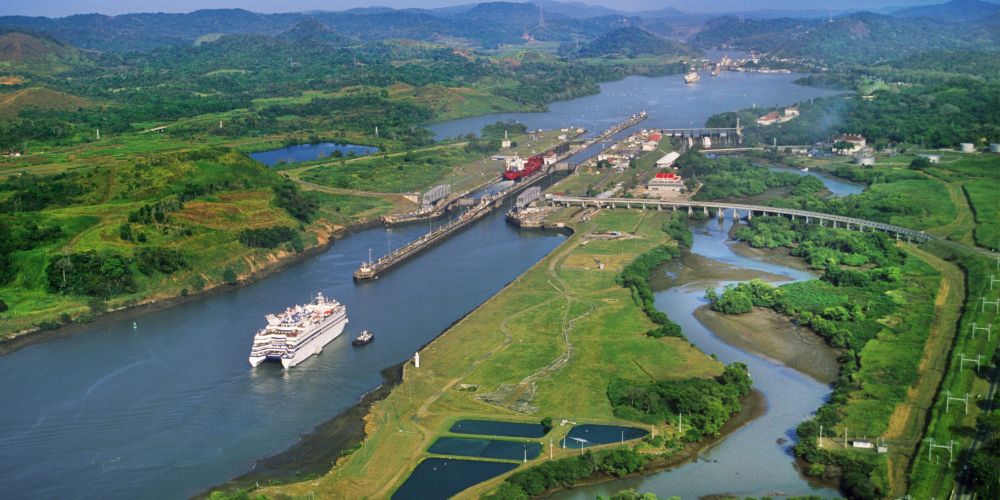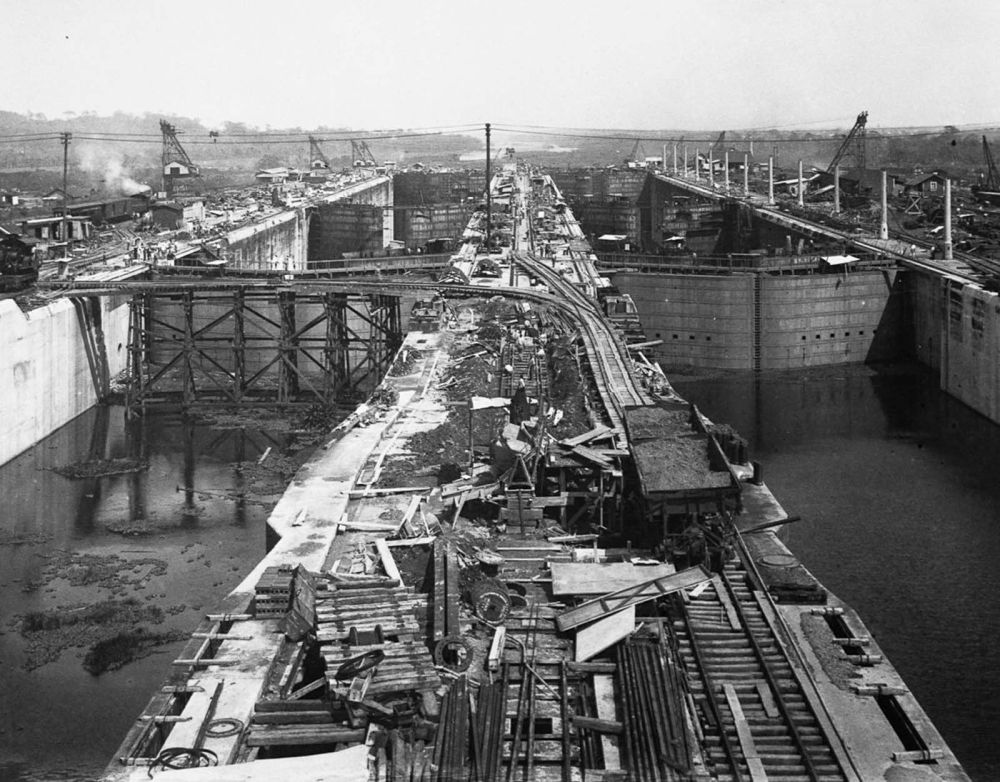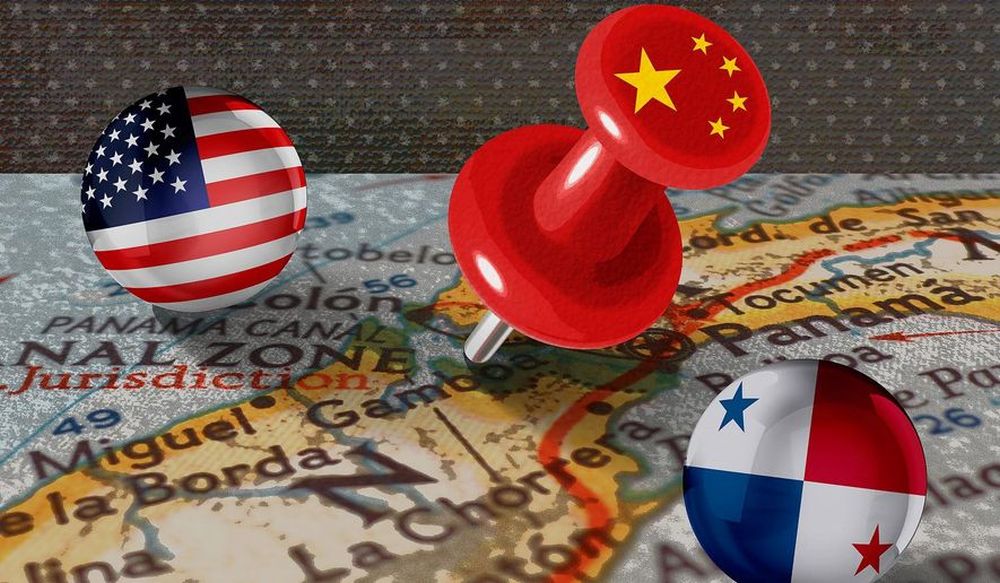The Panama Canal has once again become a flashpoint in international politics, primarily due to statements made by U.S. President Donald Trump regarding control and management of this critical waterway. Trump has hinted at the possibility of the U.S. retaking control of the canal, citing high transit fees and perceived mismanagement by Panama. His rhetoric has stoked fears of a new era of U.S. interventionism, reminiscent of past geopolitical maneuvers in Central America, and has raised questions about the sanctity of international treaties, particularly the Torrijos-Carter Treaties which led to Panama’s full control of the canal in 1999.

Panama has responded with firm assertions of its sovereignty over the canal. President José Raúl Mulino and other officials have made it clear that any attempt to alter the current status quo would be met with resistance, emphasizing the canal’s significance to Panama’s economy and national identity. This dialogue has not only caused diplomatic friction but has also ignited a debate on the global stage about the rights of nations over their resources and the implications for international law and norms of sovereignty.

One of the underlying concerns fueling this debate is the growing influence of China in Panama. Chinese investments in ports, infrastructure, and the canal’s expansion have been viewed with suspicion by the U.S., especially in the context of broader Sino-American rivalry. This situation has led to discussions about strategic control over key maritime routes, with implications for both trade and military logistics. The U.S. fears that increased Chinese involvement could compromise the canal’s neutrality and potentially its operational integrity, posing a challenge to U.S. interests in the region.

The discourse around the Panama Canal is not just about trade routes or toll fees; it’s emblematic of larger geopolitical shifts, where economic power, military strategy, and national sovereignty intersect. Trump’s comments have thus far been met with a mix of skepticism and alarm, both domestically and internationally, illustrating how a seemingly local issue can reflect broader global tensions. As this situation evolves, it will be crucial to watch how it influences U.S.-Panama relations, the application of international treaties, and the balance of power in Central America’s strategic landscape.

#PanamaCanal #Trump #Sovereignty #China #USPolitics #Diplomacy
